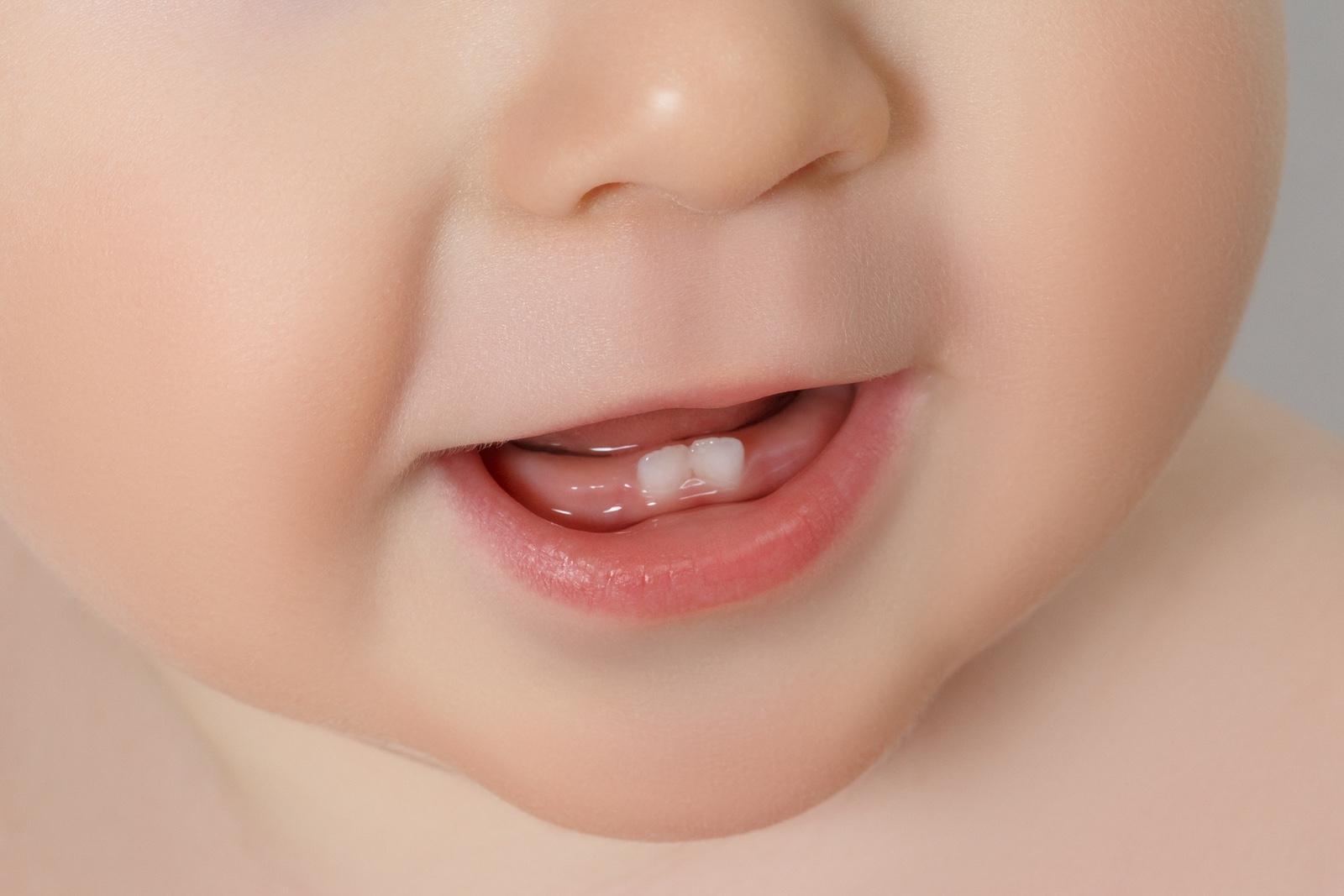 When it comes to children’s oral health, our pediatric dentists believe that every parent should plan to have their child’s teeth properly managed from the moment their teeth starting coming in. Teeth can easily become problematic if not taken care of through brushing twice daily, flossing, and visiting the dentist twice per year. Even if these efforts are taken, cavities can still find their way into a child’s teeth and for a reason you may not even know was possible. Cavities are actually contagious.
When it comes to children’s oral health, our pediatric dentists believe that every parent should plan to have their child’s teeth properly managed from the moment their teeth starting coming in. Teeth can easily become problematic if not taken care of through brushing twice daily, flossing, and visiting the dentist twice per year. Even if these efforts are taken, cavities can still find their way into a child’s teeth and for a reason you may not even know was possible. Cavities are actually contagious.
Research has shown that dental caries can be passed on to a child from the parent. If a parent has cavities, they can actually share those caries with their young child by cleaning a pacifier with their mouth, sharing a spoon, or other moments when oral germs are passed.
According to an article by Science Daily, tooth decay is the most common type of childhood disease. In that article, several points are made about how tooth decay can affect a child in the short-term and the long-term.
- Poor quality of life
- Pain and discomfort
- Struggle to chew
- Poor diet
- Poor performance in school
- Lack of self-esteem
- Uninterested in social interactions
At Signature Smiles, we encourage kids to always take care of their teeth as best they can because our pediatric dentists know that if a child protects their teeth when their young, then they will continue to do so when they become an adult.
Lillliana Rozo, D.D.S. and assistant professor at the University of Louisville School of Dentistry, said that the mouth is an open door for many microbial (bacteria, fungi, virus) infections to enter the bloodstream. When this takes place, the microbial problems is no longer oral, but can become systemic, leading to major problems like heart disease, diabetes, and stroke.
We suggest that once your child begins to show teeth to schedule an appointment so that our pediatric dentists can put your and your baby on the right track to pristine oral health. If your child has had their teeth for a while, then contact our office today to schedule your appointment and begin protecting their teeth now.

